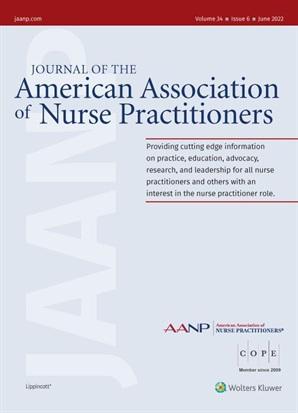Headline
Home-based primary care nurse practitioners improve health outcomes for homebound older adults.
Background
An increasing number of nurse practitioners are providing home visits to homebound older adults and adults with chronic disease and disabilities. This review of existing studies looks at the impacts of this care model on health care utilization and health status among these populations.
Findings
This review examined 14 mostly non-randomized studies where nurse practitioners were either the sole care providers or were part of an interdisciplinary team. Most care was provided in-person. These interventions generally reduced emergency department visits, hospitalizations, nursing home admissions, and chronic disease measures, like hemoglobin A1c. They also improved reported physical/emotional/social functioning and health-related quality of life. Other outcomes noted across these interventions included high patient and caregiver satisfaction.
Policy/Program Takeaways
Home-based primary care interventions led by nurse practitioners can reduce health care utilization and improve some health outcomes, including patient-reported outcomes, of people with complex health needs and states and health care systems can consider leveraging these care providers as much as possible when providing home-based primary care services. Since the passage of the 2020 CARES Act, nurse practitioners have been granted permanent expanded authority to provide and manage Medicare home health services. In Medicaid, their authority has also increased, though implementation varies by state.

